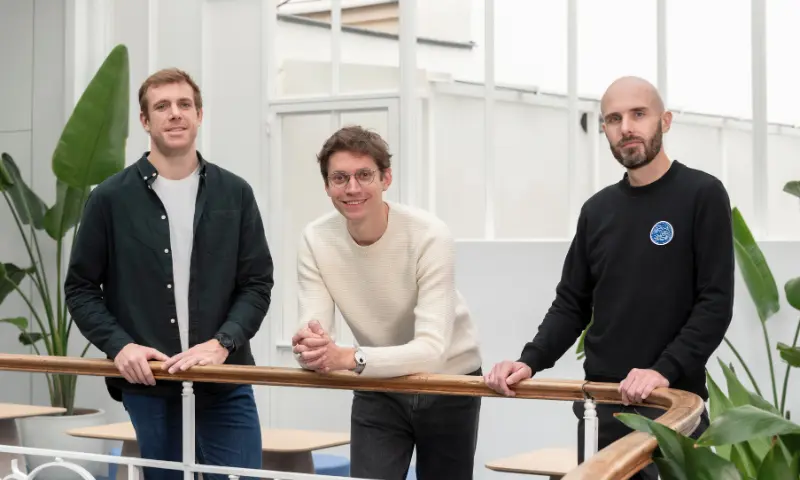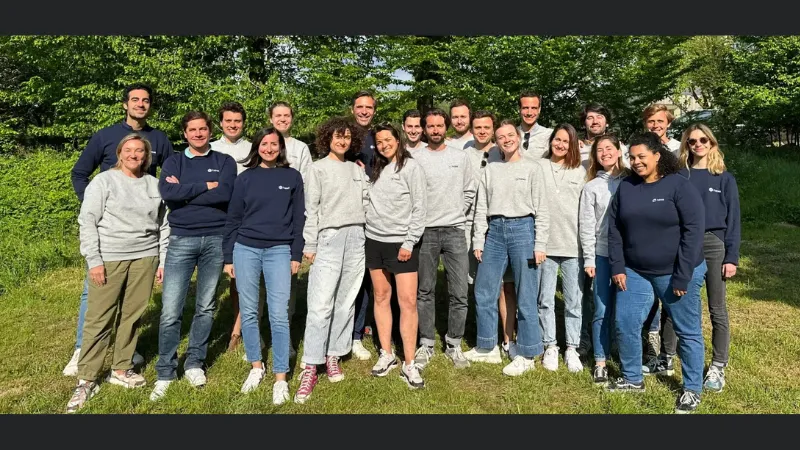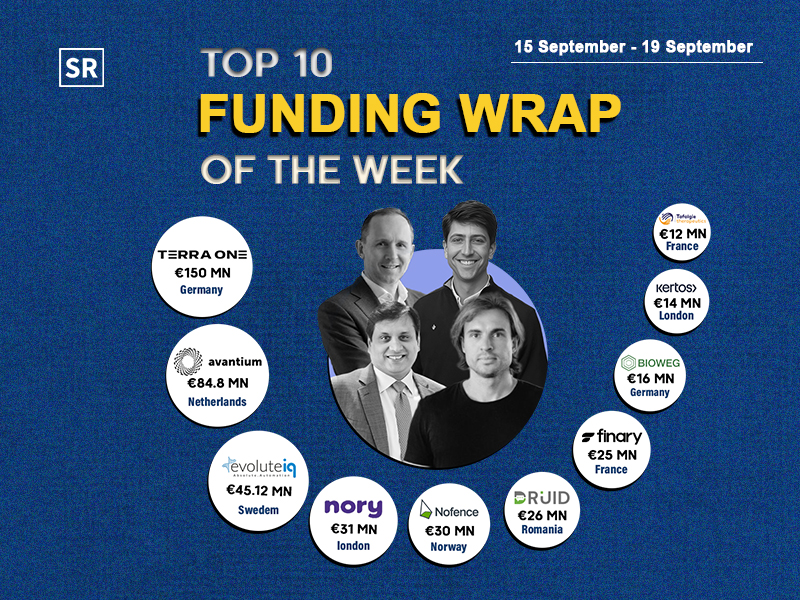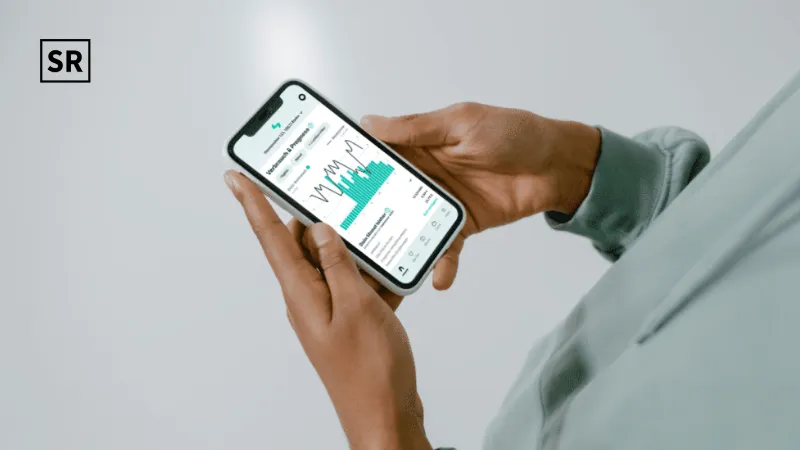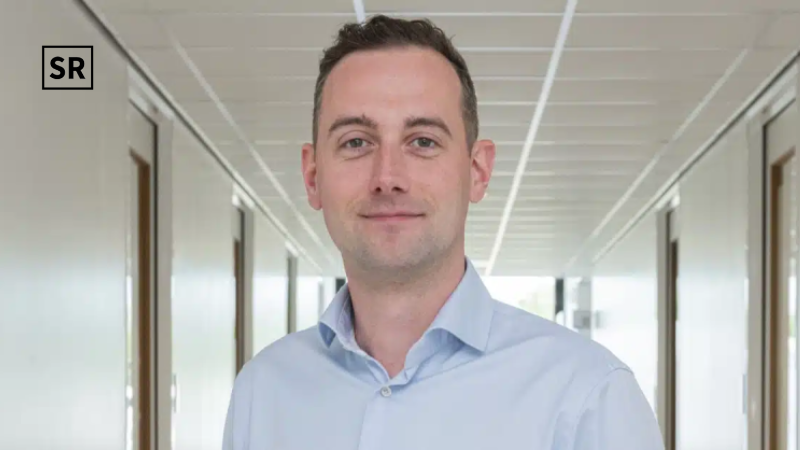eAgronom funding news – Estonia-based eAgronom Raises €10 Million in Series A2 Equity Round Funding
Jul 2, 2024 | By Team SR

eAgronom, the agriculture-focused climate tech company helping farmers adopt sustainable practices for the health of their soils and the planet, raises €10 million in series A2 equity round funding. The round includes €4.2 million raised during a booster round last year, now converted into equity, plus an additional €5.8 million raised this year.
SUMMARY
- eAgronom, the agriculture-focused climate tech company helping farmers adopt sustainable practices for the health of their soils and the planet, raises €10 million in series A2 equity round funding.
- eAgronom is an Estonian company that was founded in 2016. Today, the company employs about 70 people worldwide.
Swedbank AB is leading the round with a €4 million investment. In addition to the new lead investor, the three investors who participated in eAgronom's convertible round in 2023 – Icos Capital, Soulmates Ventures, and SmartCap Green Fund – have increased their investments to support the company’s growth plans.
Funds raised will expand it’s presence in key markets and scale the company in various sustainable farming programs, especially Scope 3 and sustainable financing. As part of its ongoing fundraising efforts, eAgronom plans to raise an additional €2-4 million later this year.
Promoting agriculture practice change is a crucial sustainability measure and integral to it’s mission. Food production is responsible for about 31% of total greenhouse gas emissions, with 70% of these emissions originating at the farm level. By 2050 we will need to produce 60% more food to feed a growing population of 9.3 billion.
RECOMMENDED FOR YOU

Paris-based Altrove Raises $10M To Fast-Track AI-driven Sustainable Material Alternatives
Kailee Rainse
Nov 1, 2025
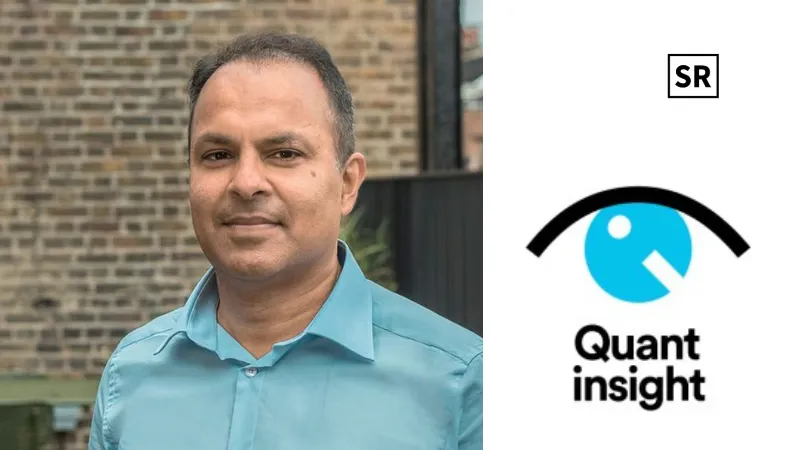
London-Based Quant Insight Secures Series A Investment From 7RIDGE
Kailee Rainse
Jul 17, 2025
Read also - Vortex IQ funding news – London-based Vortex IQ Secures $1Million in Funding
This makes farmers indispensable to reduction efforts. By leveraging carbon insetting and regenerative farming practices, eAgronom aims to significantly reduce carbon footprints while providing real financial incentives and education for farmers.
Prior funding rounds have enabled it to initiate field trials and seminars with partner farmers, so together they can determine best practices for each region with specific climate and soil conditions. Beyond expanding the total number of onboarded farmers that can store more carbon in the soil, the funding round also positions eAgronom to start selling carbon credits through its Carbon Program, offering additional revenue streams for farmers, and improving its practice verification capabilities.
Robin Saluoks, co-founder and CEO of eAgronom, said: “The average farmer has only 40 harvests to experiment with throughout their entire career. This makes the farming sector extremely conservative. If something is more or less working then it makes sense to continue with it. eAgronom’s sustainability programs - food value chain/scope 3, offsetting, sustainable finance, and others - help to reduce the risk for farmers by providing extra incentives and education. The ongoing funding round will help us to scale these initiatives to many more farmers.”
Jon Lidefelt, Head of Baltic Banking at Swedbank, said: “Enabling our customers in their transition with products and services is key for Swedbank. The partnership with eAgronom adds to a fantastic overall solution for our agricultural customers in Estonia, Latvia and Lithuania. With this investment, we advance our commitment in eAgronom to strengthen the ecosystem of partnerships for the benefit of our customers.”
About eAgronom
eAgronom is an Estonian company that was founded in 2016. Today, the company employs about 70 people worldwide. Headquartered in Tartu, Estonia, with teams in Latvia, Poland and Spain. eAgronom Carbon program allows farmers to get paid for creating Carbon Credits, improve the quality of their soil, reduce the cost of inputs and get access to better financing terms. All together, making carbon-neutral farming profitable. They also help food companies to implement value chain projects and measure their impact.


 Follow us
Follow us Follow us
Follow us